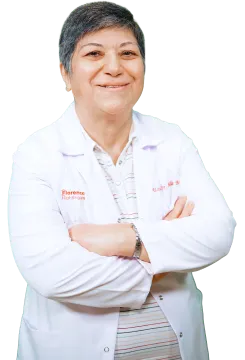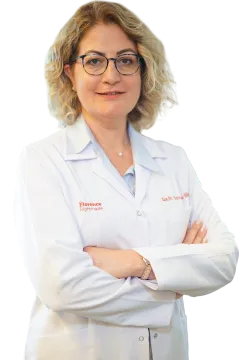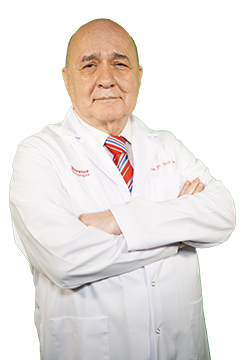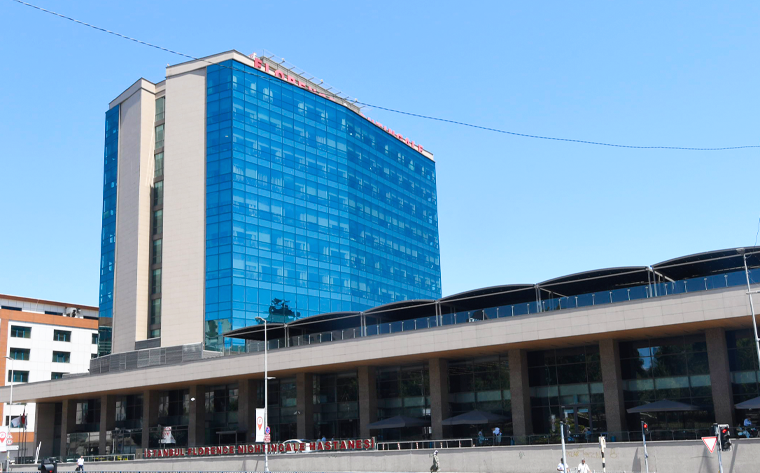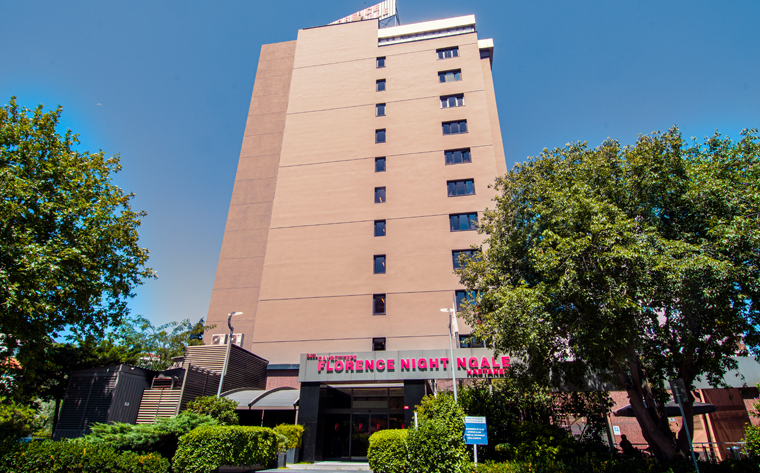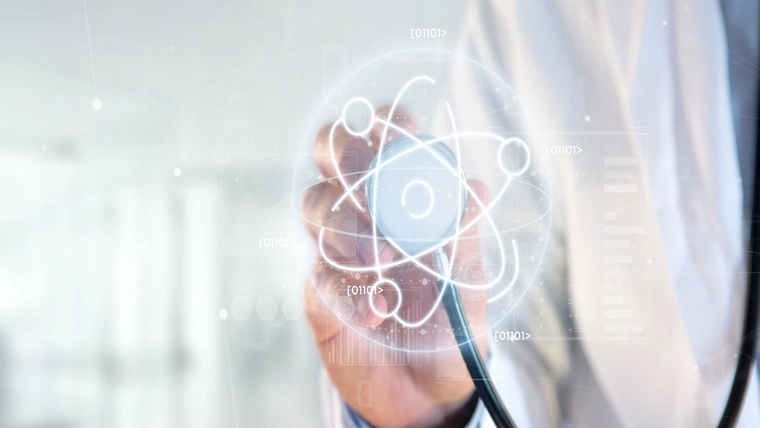
What is Nuclear Medicine and What Diseases Does It Treat?
Nuclear medicine is a branch of medicine that uses radioactive substances for medical imaging and treatment. In this field, radioactive isotopes called radionuclides are used to diagnose and treat diseases. Nuclear medicine can be used to diagnose and treat a wide range of diseases, from cancer to heart disease, from thyroid disorders to bone disorders. It is particularly effective in detecting early-stage diseases and monitoring conditions such as metastasis.
About the Department of Nuclear Medicine
The nuclear medicine department is the unit where diagnostic and therapeutic procedures using radioactive substances are performed. In this department, specific radioactive isotopes are used to diagnose diseases, plan treatment, and monitor treatment according to the patient's condition. The nuclear medicine department generally works in collaboration with other medical branches with a multidisciplinary approach. Advanced imaging techniques such as PET (Positron Emission Tomography) and SPECT (Single Photon Emission Computed Tomography) are among the procedures performed in this department.
Who is a Nuclear Medicine Specialist and What Are Their Duties?
A nuclear medicine specialist is a doctor who has received special training in the use of radioactive substances for medical purposes. These specialists plan and implement the use of radionuclides in the diagnosis and treatment of diseases. The duties of a nuclear medicine specialist include planning the diagnosis and treatment of patients, ensuring that radioactive substances are used correctly and safely, evaluating imaging results, and recommending appropriate treatment methods to patients. In addition, informing patients about possible side effects of nuclear medicine applications is also among their duties.
What Diseases Does Nuclear Medicine Treat?
Nuclear medicine is a branch of medicine used to diagnose and treat a wide range of health problems. In line with the above information, the main diseases and health problems that nuclear medicine treats are:
- Kidney Diseases: Renal scans are used to evaluate kidney function and detect blockages in blood flow.
- Thyroid Diseases: Thyroid scans check the function of the thyroid gland and are used to evaluate thyroid nodules or masses.
- Bone Diseases: Bone scans can check for arthritis in the joints and detect diseases, tumors, or causes of pain or inflammation in the bones.
- Infections and Inflammatory Diseases: Gallium scans are used to diagnose infections or inflammatory diseases, as well as tumors and abscesses.
- Heart Disease: Heart scans identify problems with blood flow to the heart, measure how well the heart is working, and determine the extent of damage to the heart after a heart attack, and the ischemic area left without blood.
- Brain Diseases: Brain scans check for problems in the brain or disruptions in blood flow to the brain.
- Breast Cancer: Breast screenings are used in conjunction with mammograms to detect breast cancer.
- Hyperthyroidism (excessive thyroid gland activity)
- Thyroid cancer
- Lymphomas (cancers of the lymphatic system)
- Bone pain caused by some types of cancer
Nuclear medicine plays a critical role in the early diagnosis and treatment of these diseases, thus allowing patients to manage their health problems more effectively.
What are Nuclear Medicine Examinations?
Nuclear medicine examinations are medical imaging methods that use radioactive isotopes (tracers) to examine organs and tissues in the body.
These examinations generally occur in three stages:- Administration of Tracer (Radionuclide): In the first stage, a radioactive substance (tracer) is injected, drunk or inhaled into the patient. This substance collects in the organ or tissue to be examined and produces the signals necessary for imaging.
- Acquiring Images: After the tracer reaches and collects a specific organ or tissue in the body, images are taken using special cameras (such as gamma cameras). The imaging time can vary from a few minutes to a few days, depending on the body tissue being examined and the type of tracer being used. Some scans can be completed in a few minutes, while others may require the patient to return several times over several days.
- Interpretation of Images: In the final stage, the images are analyzed by a nuclear medicine specialist. This analysis provides information about the function of the organ or tissue and provides important information such as the presence of disease, its extent or response to treatment.
These examinations can be performed on many different organs and tissues of the body and often play a critical role in early diagnosis of disease and proper treatment planning.
What are Nuclear Medicine Methods?
The main methods used in nuclear medicine include:
- Positron Emission Tomography (PET): Used in the early diagnosis of cancer or in the follow-up of cancer metastases by monitoring biochemical processes in the body.
- Single Photon Emission Computed Tomography (SPECT): Creates three-dimensional images of organs and enables detailed examinations.
- Radioactive Iodine Therapy: It is widely used in the treatment of thyroid diseases.
- Radioactive Antibody Therapy: Used in cancer treatment, especially targeting certain types of cancer.
What Should Patients Pay Attention to in Nuclear Medicine Applications?
Patients need to pay attention to some important points before and after nuclear medicine applications.
These points are:- Preliminary Preparation: Patients may need to fast before some examinations. The specialist doctor will provide information on this subject.
- Radiation Exposure: The radioactive substances used are generally low doses and therefore safe for patients, but it is important to inform the doctor in case of pregnancy or breastfeeding.
- Hydration: It is recommended to drink plenty of water after the application to accelerate the removal of radioactive material from the body.
- Physical Activity: Excessive physical activity should be avoided after examination or treatment.
